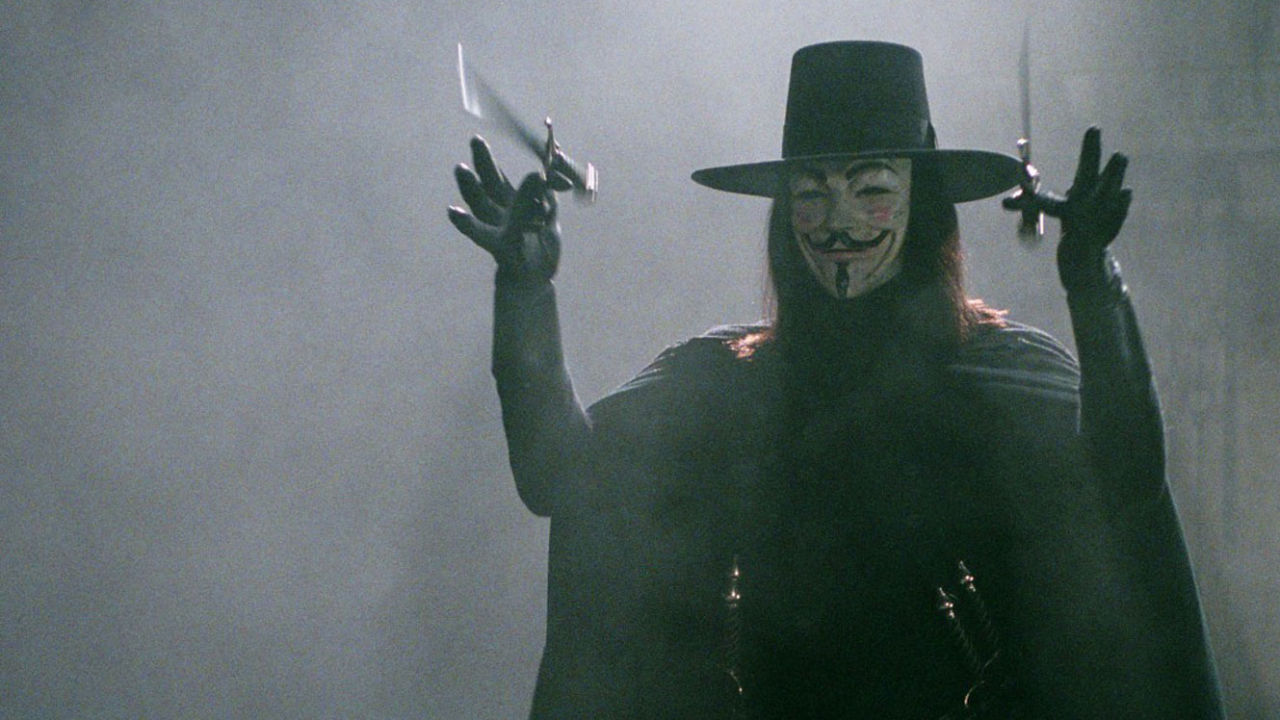
“You know what kind of plan never fails? No plan. No plan at all. You know why? Because life cannot be planned.”
There was a lot of buzz in 2019 about Parasite, but I didn’t get a chance to see it until recently. I will say, it is every bit as great as the buzz makes it out to be. Directed by Bong Joon Ho (Okja, Snowpiercer) and starring Kang-ho Song, Sun-kyun Lee, and Yeo-jeong Jo, this South Korean dramatic thriller makes a powerful statement on wealth, class, and inequality. The story is complex, without clear antagonists and even protagonists (I really wasn’t sure who I should be rooting for in some spots), and we’re instead shown how unfair life can be for those without the good fortune to be born in the right places and families. The film has the neutrality of a good documentary, showing us the interesting and sometimes shocking events without making a strong comment on who’s right and who’s wrong. This is a film that left me thinking for long after the credits rolled, even days after I viewed the film.
Continue reading “Parasite”








